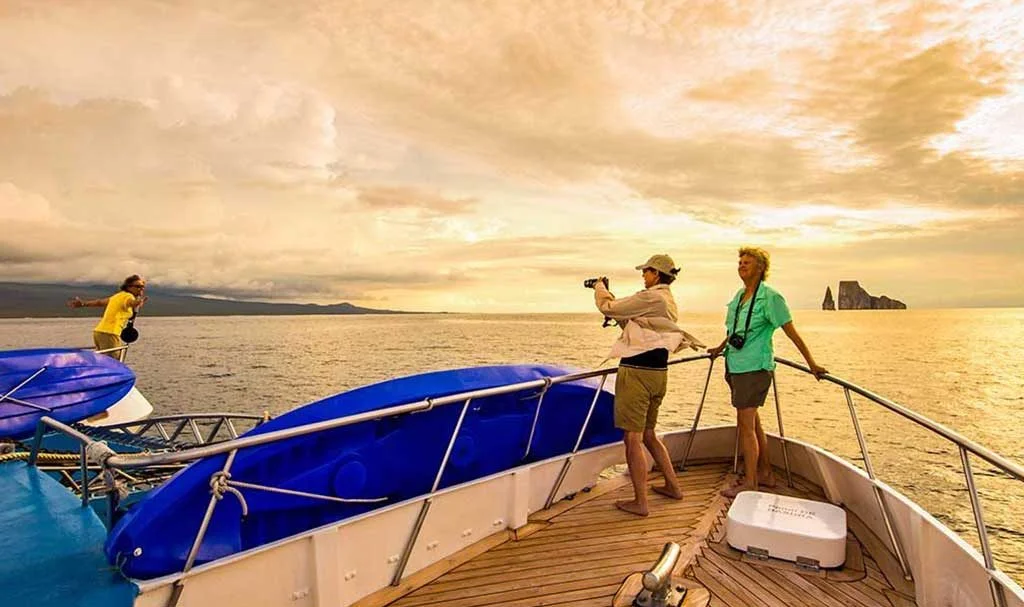
Sustainable tourism is key as the Galapagos reopens | Travel News
Jul-23-2021
In September 2020, the Galapagos Islands reopened and tourist numbers are slowly returning to these islands. The islands debuted again on July 1, 2021 with more relaxed travel restrictions. However, the archipelago has discovered that sustainable tourism is crucial to the ecosystem's health.
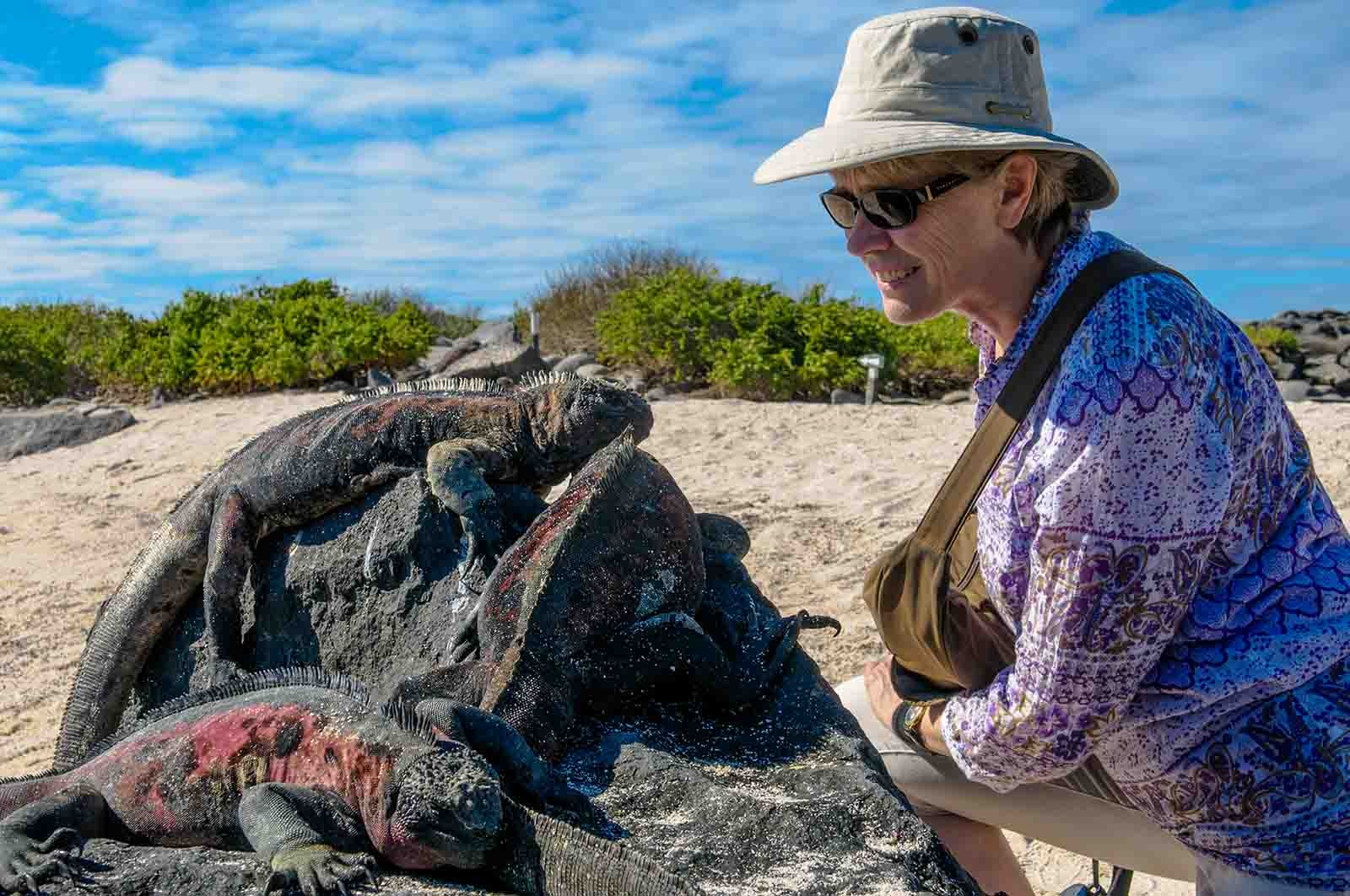
Although the archipelago is one the most biodiverse areas on the planet, tourism has in the past disrupted or complicated its ecosystem. This is despite the fact that it is well-known for supporting Darwin's theory about natural selection.
Recent research on the island of San Cristobal revealed that plastic was found in all its marine habitats. In the most polluted areas, more than 400 plastic particles were found per square meter. The Galapagos National Park, Charles Darwin Foundation and the Galapagos Foundation are working together to reintroduce 13 extinct species of marine animals and protect marine resources against pollution.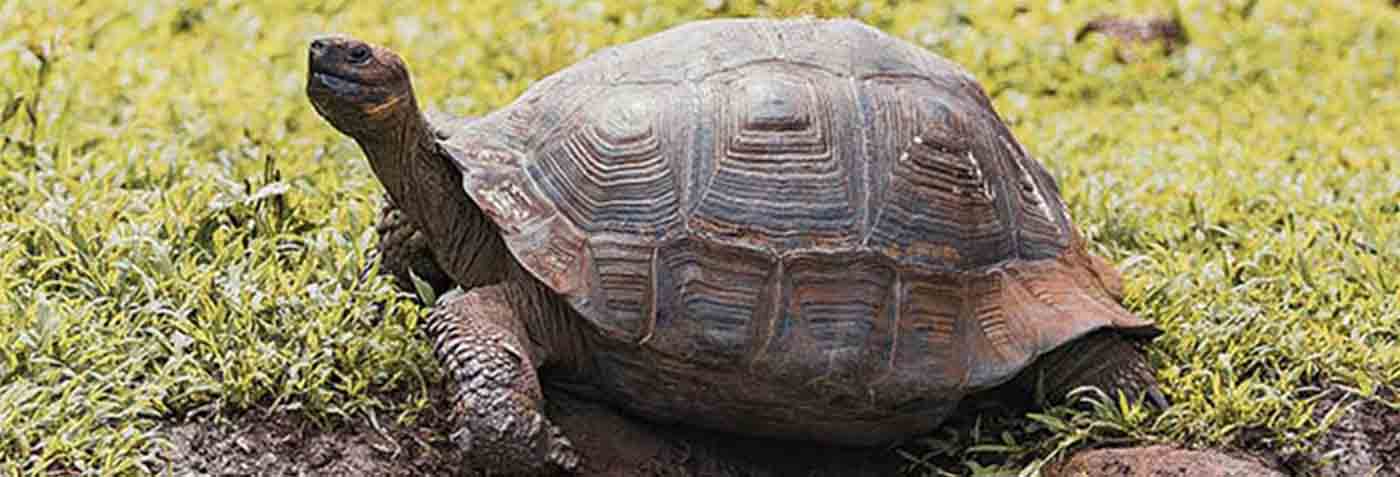
Tourism had plummeted dramatically in the aftermath of the pandemic. But there is good news: the animal population has been growing. Due to the fact that there are no tourists in their nesting areas, both flightless cormorants and Galapagos penguins have experienced significant population growth. The population of Galapagos penguins has increased by 34%. The highest recorded population growth in 40 years is 16% for cormorants.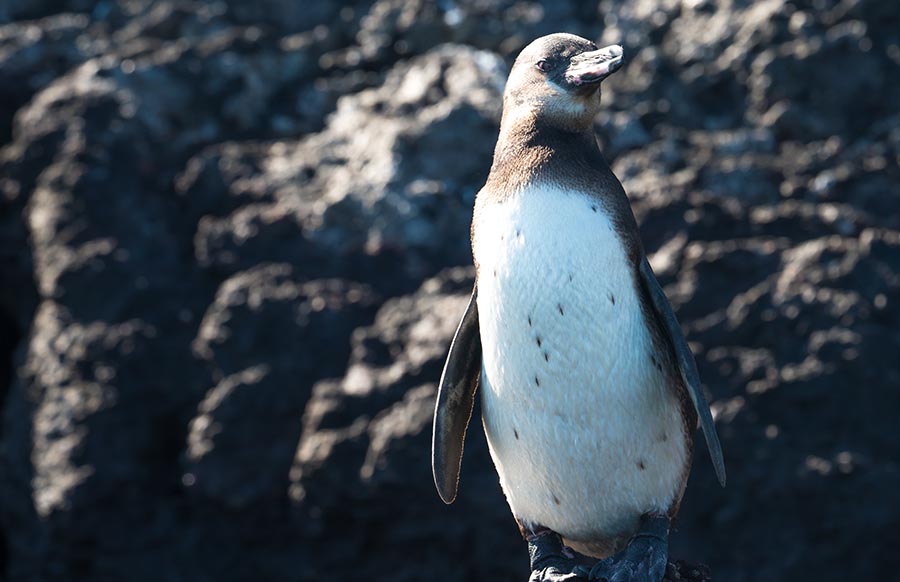
Tourism can have a negative impact on the environment, but it is responsible for 85% the archipelago’s economy. The region lost $850 million in revenue between March 2020 and March 2021. This makes tourism's return crucial. It's all about balance. Travelers need to choose sustainable accommodations and travel providers to minimize their negative impact on the region. This will ensure that the region remains a tourist destination for many centuries to come.
Galapagos Tours is one such local, sustainable travel provider. While offering luxurious inter-island cruises, the tour company stresses the importance of local environments and how tourists can reduce their negative impacts.
"Lockdown, the coronavirus epidemic have had a paradoxical effect on the Galapagos. While native species have flourished due to limited disturbances, the halting of tourism has had a devastating effect on local businesses, with many struggling for survival," stated Andre Robles (co-founder of Voyagers Travel Company). "That is why it is important to get tourists back exploring the area as quickly as possible but in a sustainable way that educates them about fragility of the habitats.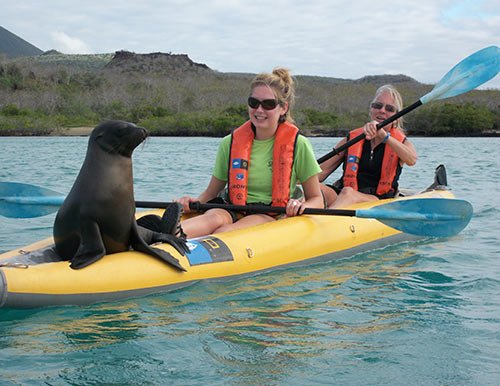
Since July 1, entry requirements have been simplified. If they are fully vaccinated and have not had a negative PCR test within 14 days of their departure, travelers can enter the archipelago. Travelers who have not been fully vaccinated for at least 14 days must provide proof that they had a negative PCR test within 72 hours before traveling.

Although the archipelago is one the most biodiverse areas on the planet, tourism has in the past disrupted or complicated its ecosystem. This is despite the fact that it is well-known for supporting Darwin's theory about natural selection.
Recent research on the island of San Cristobal revealed that plastic was found in all its marine habitats. In the most polluted areas, more than 400 plastic particles were found per square meter. The Galapagos National Park, Charles Darwin Foundation and the Galapagos Foundation are working together to reintroduce 13 extinct species of marine animals and protect marine resources against pollution.

Tourism had plummeted dramatically in the aftermath of the pandemic. But there is good news: the animal population has been growing. Due to the fact that there are no tourists in their nesting areas, both flightless cormorants and Galapagos penguins have experienced significant population growth. The population of Galapagos penguins has increased by 34%. The highest recorded population growth in 40 years is 16% for cormorants.

Tourism can have a negative impact on the environment, but it is responsible for 85% the archipelago’s economy. The region lost $850 million in revenue between March 2020 and March 2021. This makes tourism's return crucial. It's all about balance. Travelers need to choose sustainable accommodations and travel providers to minimize their negative impact on the region. This will ensure that the region remains a tourist destination for many centuries to come.
Galapagos Tours is one such local, sustainable travel provider. While offering luxurious inter-island cruises, the tour company stresses the importance of local environments and how tourists can reduce their negative impacts.
"Lockdown, the coronavirus epidemic have had a paradoxical effect on the Galapagos. While native species have flourished due to limited disturbances, the halting of tourism has had a devastating effect on local businesses, with many struggling for survival," stated Andre Robles (co-founder of Voyagers Travel Company). "That is why it is important to get tourists back exploring the area as quickly as possible but in a sustainable way that educates them about fragility of the habitats.

Since July 1, entry requirements have been simplified. If they are fully vaccinated and have not had a negative PCR test within 14 days of their departure, travelers can enter the archipelago. Travelers who have not been fully vaccinated for at least 14 days must provide proof that they had a negative PCR test within 72 hours before traveling.
